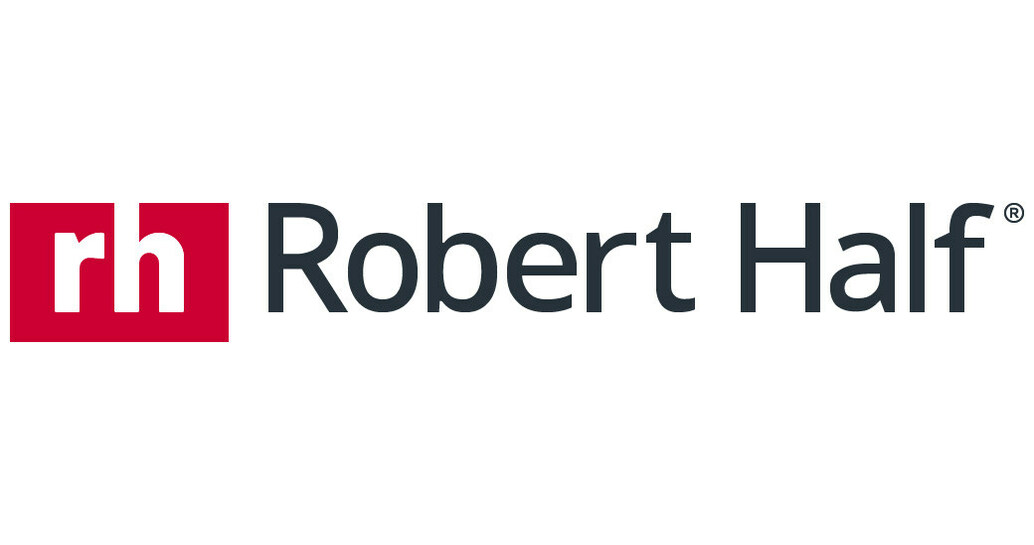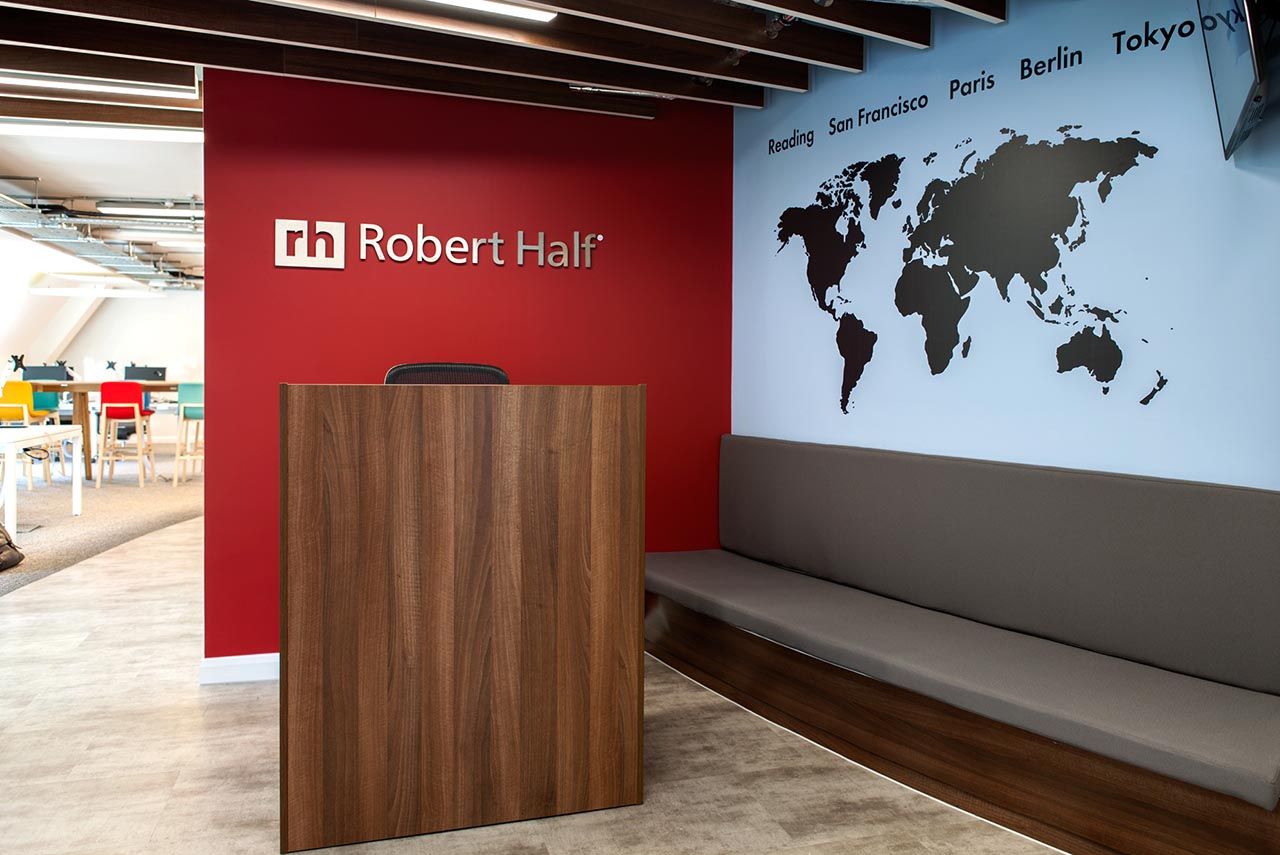Working For Robert Half As A Consultant

The world of consulting is constantly evolving, and Robert Half, a global leader in staffing and consulting solutions, remains a significant player in connecting skilled professionals with organizations seeking specialized expertise. Working as a consultant through Robert Half presents both opportunities and challenges, prompting many to consider the potential benefits and drawbacks before embarking on this career path.
This article examines the experience of working as a consultant through Robert Half, exploring the nature of the work, the support provided, and the overall impact on consultants' careers. It delves into the perspectives of consultants, companies utilizing Robert Half's services, and industry analysts to provide a comprehensive overview of this employment model.
The Consultant Experience
Robert Half offers consulting positions across various fields, including finance, accounting, technology, and creative industries. The specific tasks and responsibilities vary widely depending on the project and the client's needs.
Typically, consultants are brought in to address specific challenges, implement new systems, or provide temporary staffing during peak periods. These assignments can range from a few weeks to several months, or even longer in some cases.
Benefits of Consulting with Robert Half
One of the primary advantages of working as a Robert Half consultant is the flexibility it offers. Consultants often have the opportunity to work on a variety of projects across different industries, broadening their skillset and experience.
The potential for higher earning is another significant draw. Consulting roles frequently offer competitive hourly rates, and consultants can often negotiate their compensation based on their expertise and the project's complexity.
Moreover, working with Robert Half can provide access to a vast network of companies and potential future employers. Successful completion of assignments can lead to full-time job offers or future consulting opportunities.
Challenges and Considerations
Despite the benefits, there are also challenges associated with consulting through Robert Half. The nature of contract work means that employment is not always guaranteed, and consultants may experience periods of unemployment between assignments.
Another consideration is the lack of traditional employee benefits, such as health insurance, paid time off, and retirement plans, although Robert Half does offer some benefits packages to its consultants.
It's important for consultants to be self-motivated and adaptable. They need to be able to quickly integrate into new environments and work effectively with diverse teams. Successful consultants are proactive and demonstrate strong communication and problem-solving skills.
Robert Half's Role and Support
Robert Half acts as an intermediary between consultants and client companies. They handle the recruitment, screening, and placement of consultants, providing a valuable service to both parties.
The company also offers resources and support to its consultants, including training programs and access to professional development tools. This support can help consultants enhance their skills and stay competitive in the job market.
According to a statement from Robert Half's website, "We are committed to providing our consultants with the resources and support they need to succeed on their assignments. We believe that investing in our consultants is essential to delivering exceptional service to our clients."
Impact on Companies
Companies utilize Robert Half's consulting services for a variety of reasons. They may need specialized expertise that they don't have in-house, or they may need temporary staffing to handle increased workloads.
Consultants can bring fresh perspectives and objective insights to organizations, helping them to solve problems and improve their performance. By leveraging Robert Half's network, companies can quickly access qualified professionals who can make an immediate impact.
Quotes from company representatives often emphasize the efficiency and effectiveness of using Robert Half to find consultants. "Robert Half has been instrumental in helping us find skilled consultants to support our critical projects. Their ability to quickly identify and place qualified professionals has saved us time and resources," said Sarah Miller, a project manager at a large financial institution.
Conclusion
Working as a consultant through Robert Half can be a rewarding career path for those who value flexibility, autonomy, and the opportunity to work on diverse projects. However, it's important to carefully consider the challenges and ensure that this type of work aligns with your personal and professional goals.
While the lack of job security and traditional benefits can be drawbacks, the potential for higher earning and career advancement opportunities can make consulting an attractive option. Ultimately, success as a Robert Half consultant depends on a combination of skills, experience, and a proactive approach to career management.
As the demand for specialized expertise continues to grow, Robert Half is likely to remain a significant player in the consulting market, connecting skilled professionals with organizations seeking their services. This symbiotic relationship benefits both consultants and companies, driving innovation and growth in various industries.


















